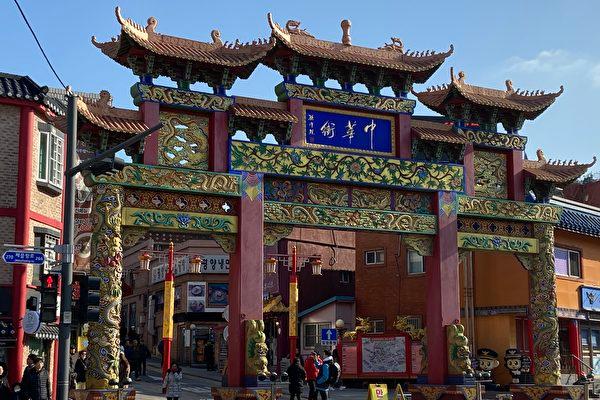Recently, more than 600,000 Koreans signed an online petition to oppose the construction of the “Korean-China Cultural Town” in Gangwon Province. This resulted in the halt of the project.
In 2019, Gangwon Province and China’s People’s Daily Online agreed to start the project. The agreement was to build a Chinese Cultural Town in Chuncheon and Hongcheon—cities in Gangwon Province, South Korea—covering an area of 1.2 million square meters. It would have been more than 10 times larger than the current largest Chinatown in South Korea, Incheon Chinatown.
